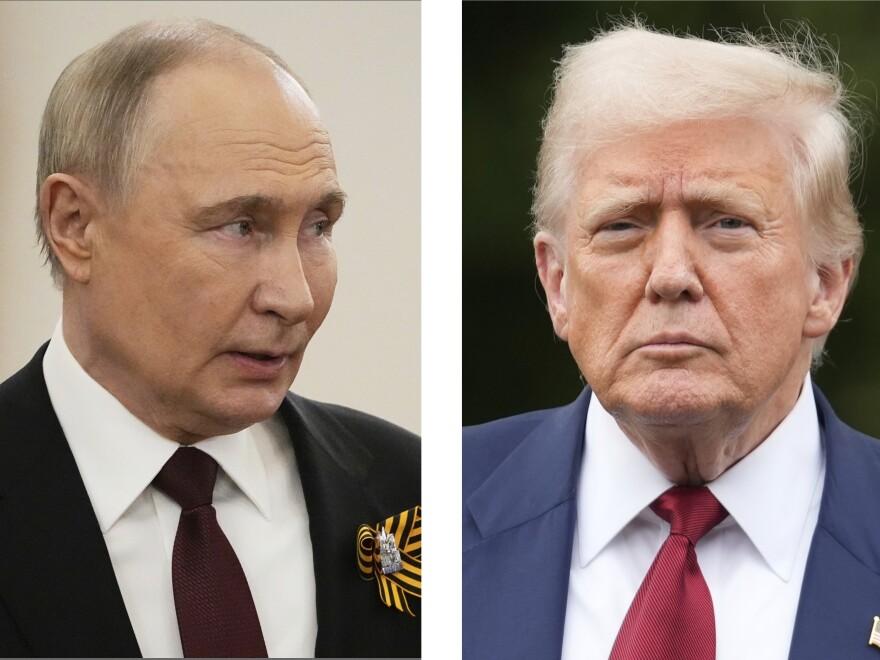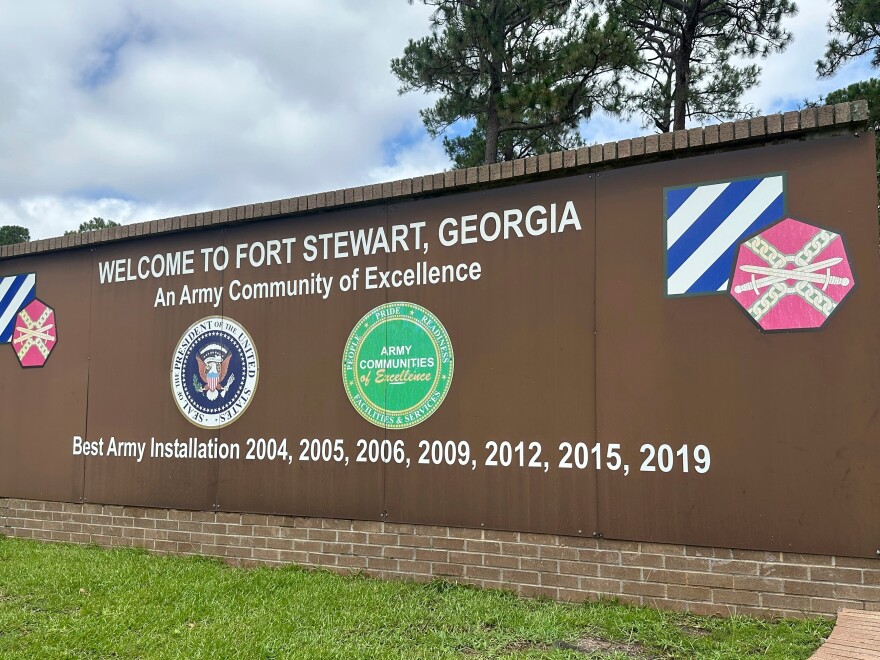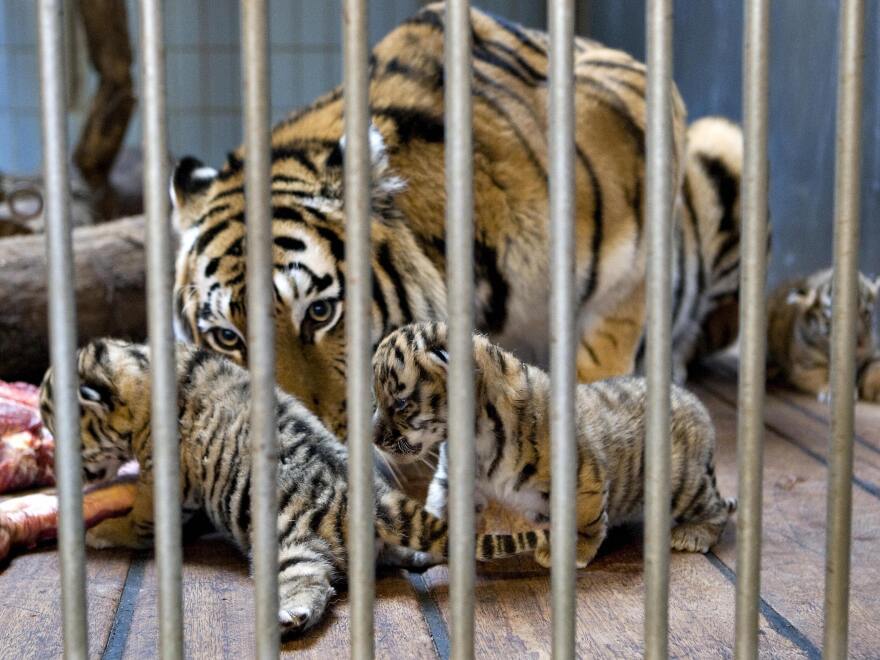Nearly $500 million in contracts to create mRNA vaccines to defend the United States from future virus threats are being canceled by the Trump administration. Critics of the technology were happy by the move, while many biosecurity and public health specialists were appalled.
Health and Human Services Secretary Robert F. Kennedy Jr. announced Tuesday that 22 contracts with private companies and university researchers to develop new applications for the mRNA technology are being terminated by the federal Biomedical Advanced Research and Development Authority (BARDA), which is in charge of the country’s defenses against biological attacks.
The most extensively used COVID-19 vaccinations, which are generally regarded as a medical miracle that safely and efficiently saved millions of lives, were developed using mRNA technology during the first Trump presidency. However, vaccination requirements during the epidemic created intense hostility toward the technology, which resulted in broad public resistance.
Kennedy stated, “Let me be absolutely clear: HHS supports safe, effective vaccines for every American who wants them,” in a video that explained the decision. “That’s why we’re moving beyond the limitations of mRNA vaccines for respiratory viruses and investing in better solutions.”
Many infectious disease researchers were shocked by the announcement.
“This may be the most dangerous public health judgment that I’ve seen in my 50 years in this business,” says Michael Osterholm, who is the director of the University of Minnesota’s Center for Infectious Disease Research and Policy. “It is unfounded, and the costs in terms of sickness and fatalities would be enormous. I’m very concerned about it.
Critics of vaccines, such as the organization Kennedy himself founded, Children’s Health Defense, applauded the ruling.
The group’s president and CEO, Mary Holland, said in a statement, “The announcement is a positive move towards protecting public health, even though we believe the mRNA vaccines should be taken off the market.”
Jennifer Nuzzo is adamantly opposed. According to her, the action may make future pandemic preparedness worse. She is the director of the Pandemic Center at the Brown University School of Public Health.
“This is a profoundly disappointing development,” she states. “We will be caught off guard when the next pandemic strikes. Without a doubt, it makes the nation vulnerable.
It’s not simply the next epidemic that worries Nuzzo and others. According to numerous experts, mRNA vaccines would offer a potent barrier against bioterrorists and an essential deterrent.
Chris Meekins, a senior biodefense official in the first Trump administration, said, “I believe that it jeopardizes the national security of the United States.” “It could put the U.S. at a strategic national security disadvantage and would be a significant threat to the national security of the United States.”
Kennedy stated in his announcement that the COVID-19 vaccines were inefficient and dangerous, contributed to the virus’s evolution, and were unable to keep up with emerging mutations.
“After reviewing the science and consulting top experts at NIH and FDA, HHS has determined that mRNA technology poses more risk than benefits against these respiratory viruses,” Kennedy stated.
Numerous outside specialists disagree with Kennedy’s assertions.
Dr. Peter Hotez, dean of the National School of Tropical Medicine at Baylor College of Medicine and director of the Texas Children’s Hospital Center for Vaccine Development, adds, “His science is backwards, as it often is.” When it comes to pandemics or newly emerging respiratory viruses, this technology has been shown to work. It has shown to be quite successful and safe.
mRNA vaccines function by using a crucial protein from a virus to activate the immune system. According to Kennedy, the federal government is instead funding a different technology that can create “natural immunity” by using fully destroyed viruses.
Although that technology has resulted in successful vaccinations, experts say it is a much older method that can have safety problems and is not nearly as quick to react to emerging dangers.
Rick Bright, who oversaw BARDA during the first Trump administration, said it is reckless to divert funds from promising future technology and direct them toward antiquated, antiquated technologies. “We’re taking our country from 2025 back to 1940, and we all know that’s a recipe for disaster and failure.”
According to scientists, the only vaccination technology that can be created fast enough to react promptly to a new pathogenic threat is mRNA technology.
“In an outbreak, when you are facing a rapidly spreading virus whether it’s from nature or a nation-state adversary speed is the name of the game,” Bright explains.
A $766 million deal with the vaccine manufacturer Moderna to create an mRNA vaccine to shield people from flu variants that might spread like a pandemic was previously canceled by the administration.
Many people worry that actions like these would further erode public confidence in mRNA technology, which is also showing promise in the treatment of diseases, most notably cancer, and vaccinations in general.
“The deleterious impact is not only in the contracts that they’re canceling, but they’re trying to make the case to the public that mRNA technology doesn’t work very well and it’s unsafe,” Hotez explains. “And that’s absolutely untrue.”
Copyright 2025 NPR






